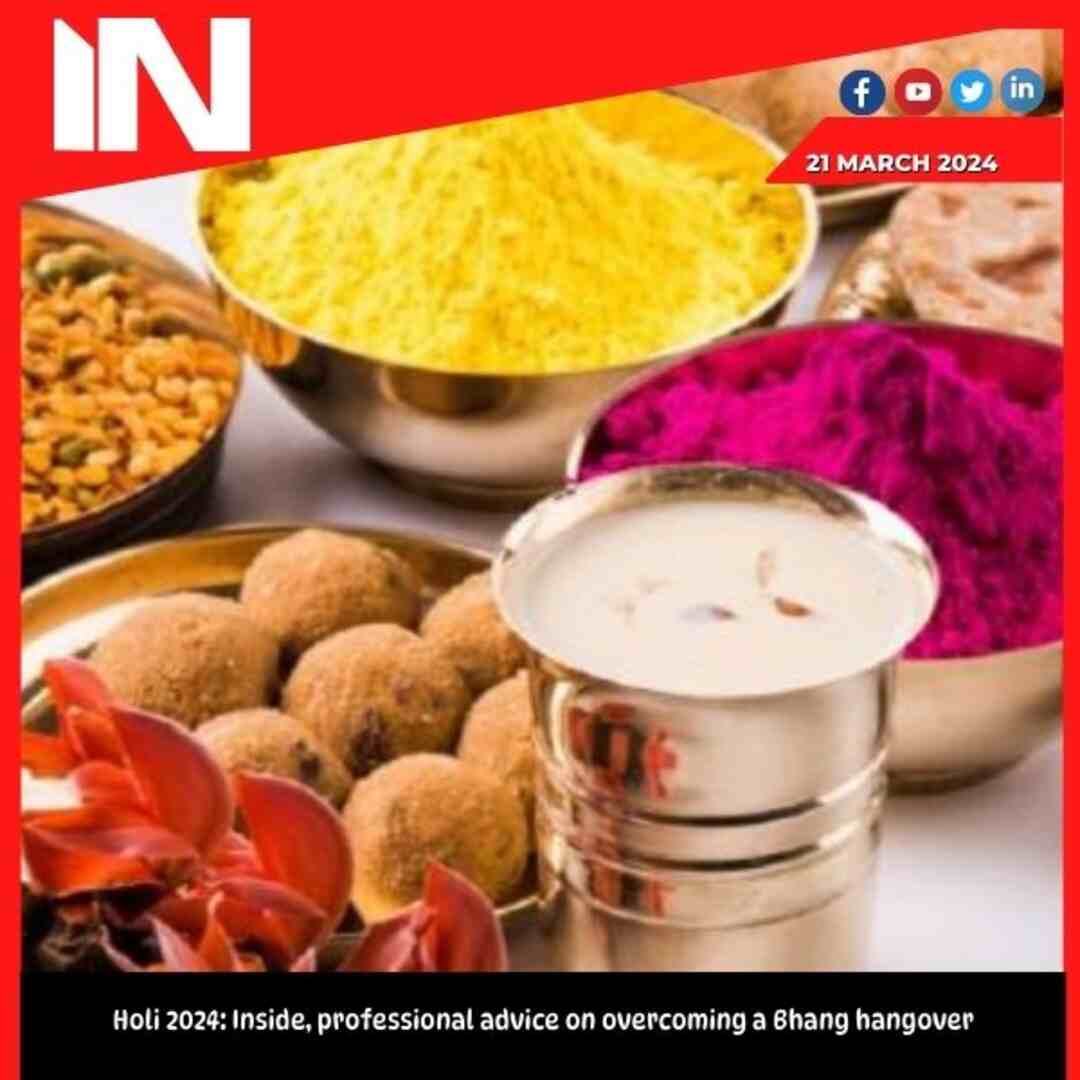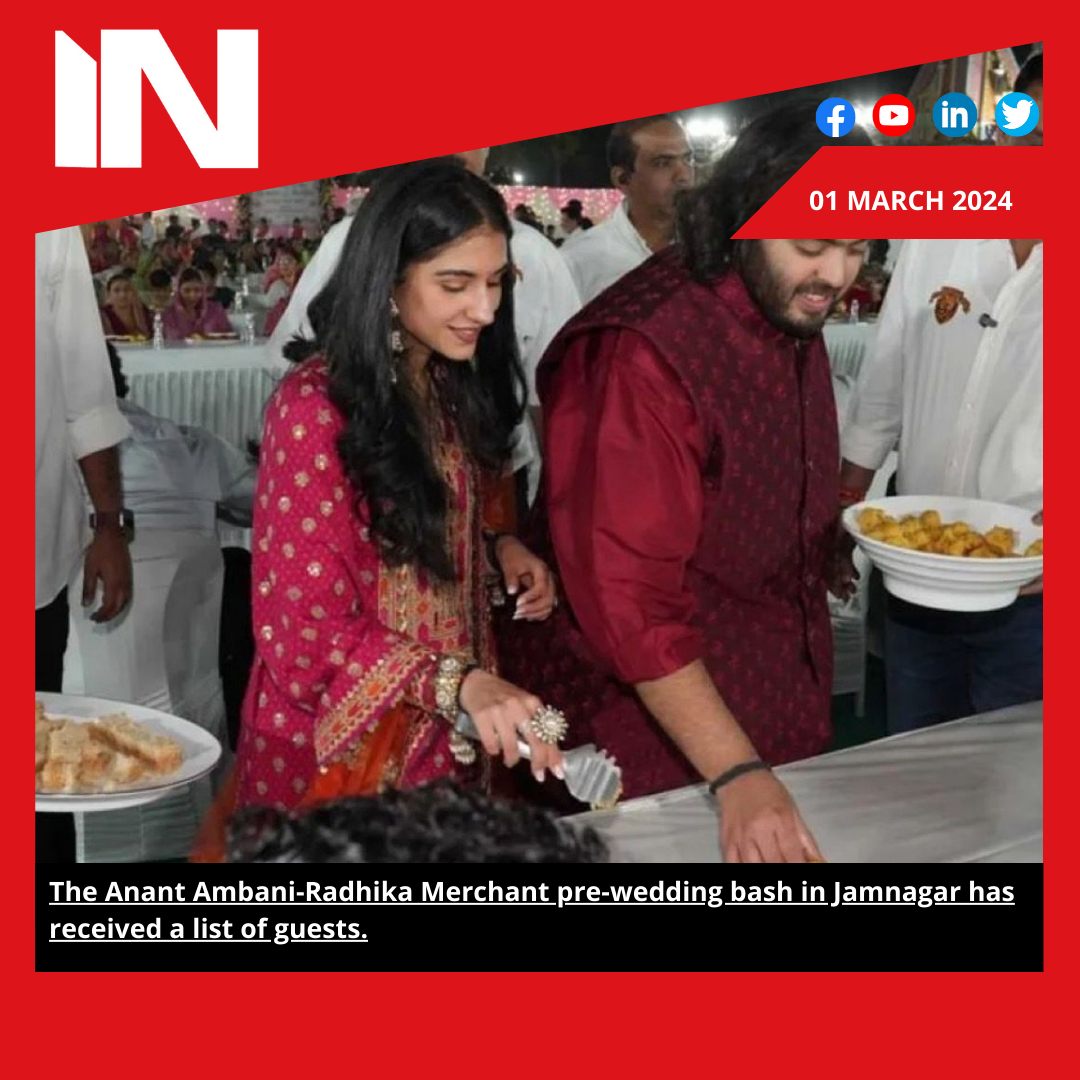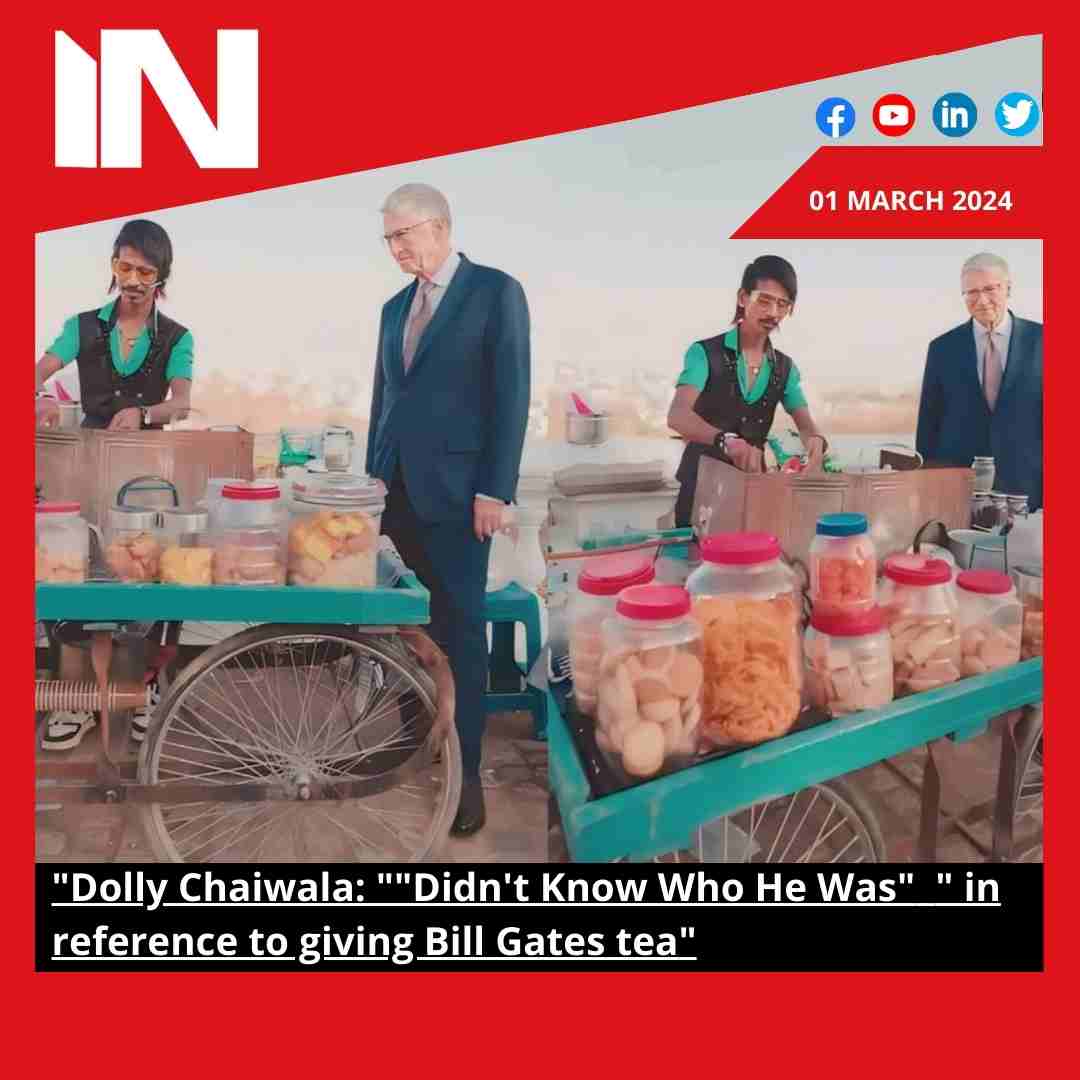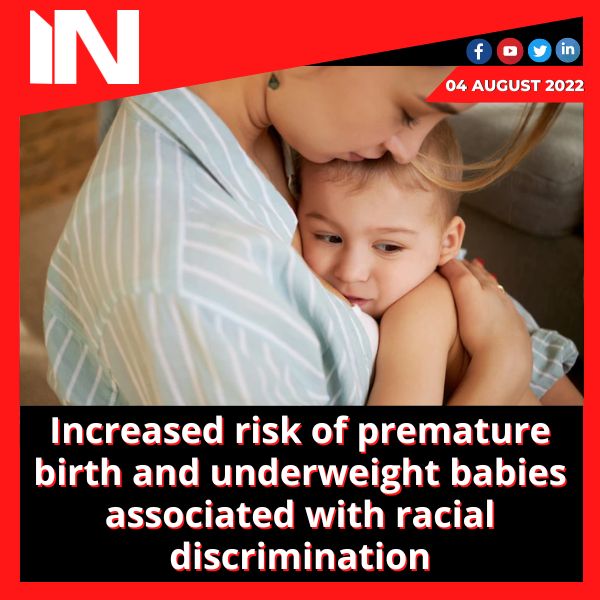health and remedies
Study finds antibiotics after birth affects gut microbes of babies

Treating newborns with antibiotics is associated with fewer healthy bacteria needed to digest milk, a new study finds.
The results were published in the journal Nature Communications.
Clinicians should consider using antibiotics in a way that causes the least damage to the newborn’s microbiome, the community of microbes that live in our bodies, experts say.
According to current guidelines, between 4% and 10% of all newborns with suspected infection are currently prescribed antibiotics that target multiple bacteria — so-called broad-spectrum antibiotics.
However, experts say antibiotic prescriptions are unnecessary in most cases because only a small percentage of people who receive the drugs end up being diagnosed with the infection.
This overprescribing is designed to ensure early treatment for those who are eventually found to be infected, as any delay could quickly become life-threatening.
Researchers from the Universities of Edinburgh and Birmingham, Spaarne Hospital and Utrecht University Hospital in the Netherlands conducted a clinical study involving 227 infants to analyse how antibiotics affect the newborn’s microbiome.
About 147 infants with suspected sepsis received one of three standard antibiotic regimens. Their results were compared with those of 80 infants who had no suspected infection and who were not taking antibiotics.
Rectal or stool samples were collected from all infants before and after treatment and at 1, 4, and 12 months of age. The microbes that make up the newly formed microbiome and bacterial genes associated with antibiotic resistance in the samples were analyzed.
Significantly lower levels of various bifidobacteria were found in neonates prescribed antibiotics compared with infants who did not receive antibiotics.
These microbes help digest human breast milk and promote gut health, while supporting the immune system to fight infection.
The team also found an increase in the number and abundance of potentially disease-causing bacteria and genes associated with antimicrobial resistance in people treated with antibiotics.
After treatment, 251 of the 695 different bacteria examined changed, thereby altering the balance between good and bad bacteria in favor of potentially more harmful microbes.
Although they recovered over time, the changes in the microbiome and antimicrobial resistance genes persisted for at least 12 months and did not improve with breastfeeding, which is known to support infants’ immune systems.
Professor Debbie Bogart, Chair of Paediatric Medicine at the University of Edinburgh and head of the study, said: “We were surprised by the magnitude and duration of the effect of broad-spectrum antibiotics on the infant microbiome compared to the effect of the same antibiotic on the infant microbiome. The adult microbiome. This may be because antibiotic treatment occurs when infants are just getting their first microbes from their mothers and have yet to develop a resilient microbiome.”
Of the three antibiotic regimens tested, the combination of penicillin and gentamicin had the least adverse effect on the infant gut microbiome and the number of emerging antimicrobial resistance genes.
The researchers concluded that this particular combination of antibiotics is best used to treat suspected infections in newborns.
Dr Marlies van Houten, a paediatrician at Spaarne Hospital in the Netherlands and co-principal investigator of the study, said: “The fact that the initiation of antibiotic treatment appears to be the cause of the microbiome damage, rather than the duration, underscores our need for better biomarkers. or biological predictors to more accurately determine which children will develop an infection, and therefore require antibiotics, and which will not.”
Professor Willem van Schaik, Professor of Microbiology and Infections at the University of Birmingham, said: “It is particularly concerning that we observed two important multidrug-resistant strains of Klebsiella and Enterococcus in neonates treated with antibiotics. Drug pathogens have increased substantially.
“This underlines the importance of further studies into balancing the need and effectiveness of these antibiotics and the risk of the emergence of genes linked with resistance. There may also be scope to develop new interventions, like live biotherapeutics – a treatment that is produced by or involving living cells – to effectively restore the composition of the infant gut microbiome after antibiotic therapy.”
Complete News Source : HINDUSTAN TIMES
Trending
Holi 2024: Inside, professional advice on overcoming a Bhang hangover

Holi 2024: We are eagerly awaiting the arrival of this festival of colors, which is quickly approaching. Every year, the nation celebrates Holi with great fanfare and extravagance. Holi commemorates the eternal love and marriage of Goddess Radha and Lord Krishna. In addition, Holi commemorates Lord Vishnu’s victory over Hiranyakashipu, highlighting the idea that good always triumphs over evil. Holi will be celebrated on March 25 this year. Holika Dahan, also known as Chhoti Holi, is observed the day before Holi. On the day of Holi, many customs and rites are observed throughout India. The cities of Barnsana and Nandgaon celebrate Lathmar Holi, whereas Vrindavan celebrates Phoolwali Holi.
Holi 2024: Here are some professional suggestions to avoid Bhang hangover, ranging from eating a balanced diet to sipping herbal tea.
During Holi, a variety of snacks and beverages are made to be enjoyed with loved ones. The colorful, crispy, and delectable Holi snacks range from gujia to rasmalai to namakpare. Thandai, a delightful concoction of milk, spices, and sweets, is the queen of the drink table. Bhang is among the primary draws of Holi. For its euphoric impact, thandai is sometimes blended with powdered paste made from the female cannabis plant’s leaves and flowers. But after the first euphoria wears off, there’s also the inevitable hangover the following morning.
Methods for overcoming a hangover
Hydrate the body: Hydration is crucial for managing a hangover caused by Bhang during Holi. Sip on lots of water to flush out toxins and replenish your body’s moisture.
Consume coconut water: Coconut water and other electrolyte-rich beverages can help replenish lost nutrients.
A balanced diet: blood sugar regulation and nausea reduction can be achieved by eating a well-balanced meal high in carbohydrates, proteins, and healthy fats.
Herbal teas and rest: Herbal teas with relaxing properties, such as peppermint or ginger, can ease stomach discomfort. Your body can mend itself by resting in a quiet, dark environment.
Limit alcohol intake: Limit your alcohol and cannabis intake to prevent symptoms from getting worse. As soon as symptoms develop or continue, get medical help.
Group Media Publications
Entertainment News Platforms – anyflix.in
Construction Infrastructure and Mining News Platform – https://cimreviews.com/
General News Platform – https://ihtlive.com/
Podcast Platforms – https://anyfm.in
-

 Bollywood2 months ago
Bollywood2 months agoAishwarya Rai maintains her stunning appearance in a new L’Oreal ad.
-

 health and remedies2 months ago
health and remedies2 months agoThe article discusses the potential health risks associated with swallowing dry ice
-
.jpg)
.jpg) Music1 month ago
Music1 month agoSidhu Moosewala’s father and baby brother feature on Times Square billboard; fans react. Watch
-

 Entertainment2 months ago
Entertainment2 months agoThe Anant Ambani-Radhika Merchant pre-wedding bash in Jamnagar has received a list of guests.
-
Bollywood3 weeks ago
Rasha, the daughter of Raveena Tandon, discusses how trolling affects her: “I think in processing it, feeling bad for a bit.”
-

 Trending2 months ago
Trending2 months agoDolly Chaiwala: “Didn’t Know Who He Was” in reference to giving Bill Gates tea
-

 Bollywood3 weeks ago
Bollywood3 weeks agoThe phrase “female-led projects” annoys Bhumi Pednekar. “It disgusts me deeply.”
-

 Trending2 months ago
Trending2 months agoOppo Reno 12 Pro Key Features Leak Online: Expected to Receive a 1.5K Display with a Density 9200+ SoC
%20(1).jpg)








%20(1).jpg)
%20(1).jpg)
%20(1).jpg)
%20(1).jpg)
.jpg)





